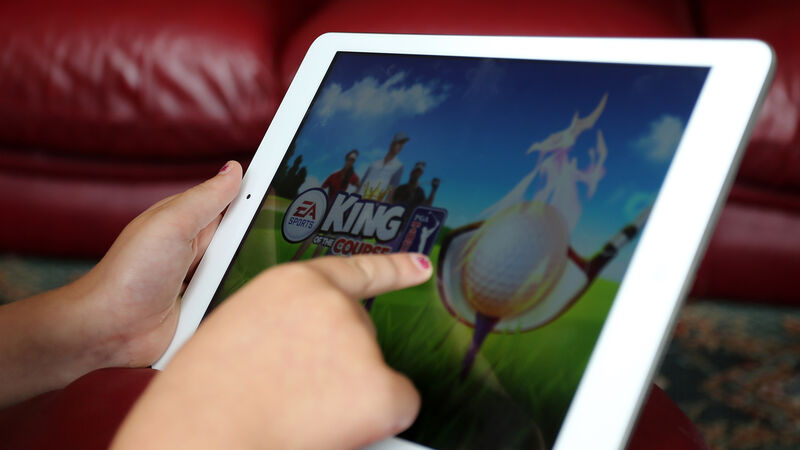Safety charity urges parents to be cautious when buying smart devices for children

A child using an Apple iPad tablet. Tablets carry similar risks to smartphones as children can access messaging apps and video sharing platforms.
Parents have been urged to choose wisely when it comes to their children’s Christmas gifts to keep them safe, as smartphones, tablets, and gaming consoles top many wish lists.
Online safety charity CyberSafeKids has launched its “gadget gift guide” ahead of the festive season which, it says, is aimed at helping parents make safer and informed decisions when purchasing devices for their children.












